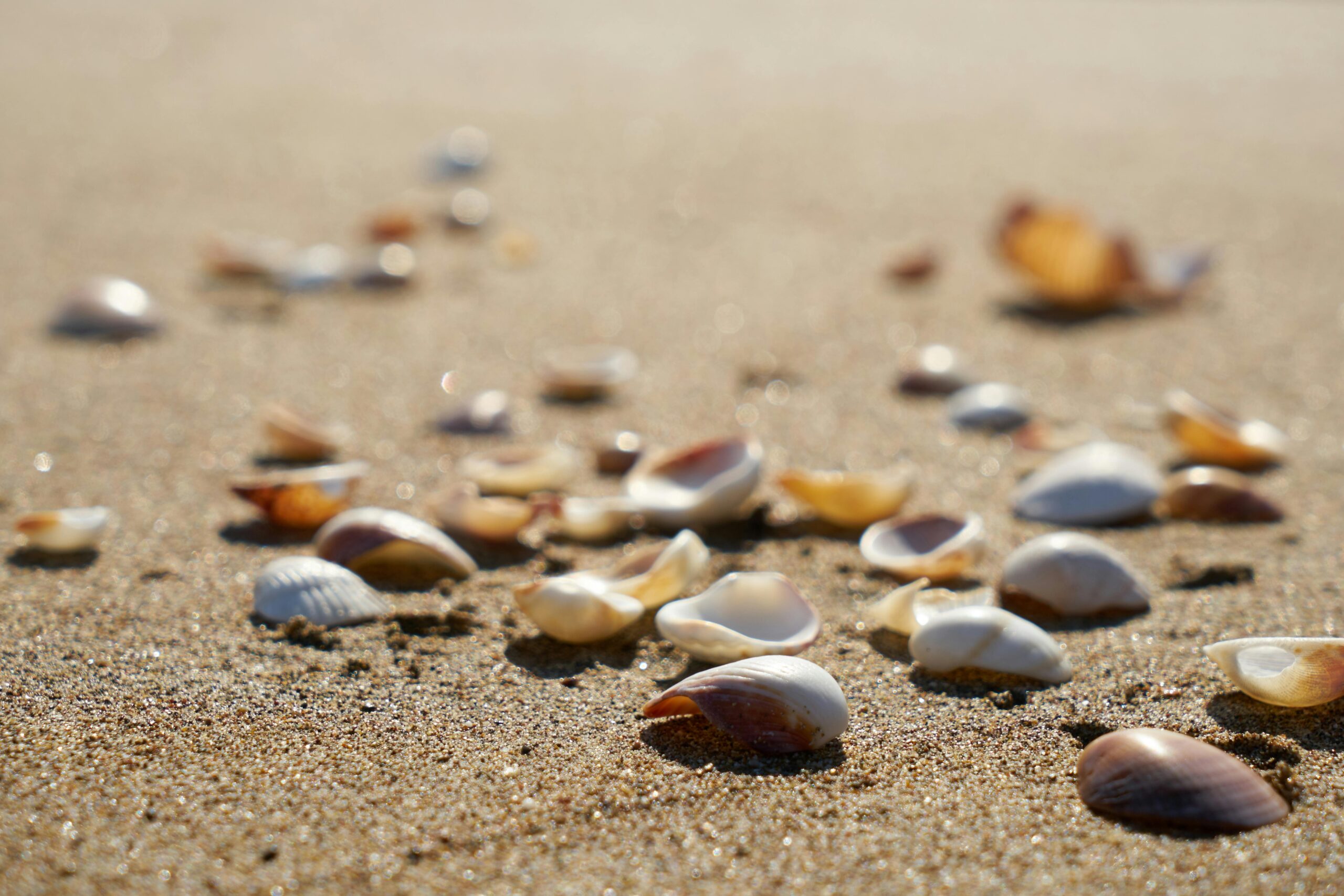Near the top of my unofficial list of self-soothing activities is going through a bunch of physical stuff and discovering things that are no longer wanted or needed. Others might call this decluttering or Swedish Death-Cleaning or Marie-Kondo-ing. By my calculations, I’ve been Marie-Kondo-ing since Marie Kondo was 2 or 3 years old. When I read her first book, I had the distinct thought that maybe I’d missed my first calling.
I’m sure there are reasons that can be traced back to childhood stuff of the metaphysical kind. Say, maybe: an attempt to impose some semblance of order and control on an utterly incontrollable world; a desire to thwart being affected by the emotional burden of losing something and/or feeling responsible for it; a mitigating technique honed in response to the constant threat to an HSP (i.e., Highly Sensitive Person, e.g., me) of being overwhelmed and over-stimulated by simply experiencing the clutter and cacophony of the modern world.
But I also have a deep-seated aversion to wasting or throwing away anything that still has potential utility or value. It feels like a moral obligation to see objects through to their best and most sustainable next life (see above on “burden of feeling responsible”), which is why I am often considering what it might mean to “be done” with something in the future when I no longer want or need it, at the same time I am considering whether I should really want or need it at all in the present. Or why I may decide to rehome an item that is still in use (like a super cute 28-piece Melissa & Doug Wooden Scoop and Serve Ice Cream Counter in mint condition!) before we’ve used it past an un-rehome-able degree of used-ness. (The kids are not impressed by my foresight.)
I also find myself getting annoyed with the last bits of anything. It’s the vexing “dregs” stage when what remains feels like tedium or obligation: for example, a nearly empty tube of toothpaste which can hardly be physically squeezed any more, but which clearly has enough toothpaste left to last another week at least (yes, I then cut off the bottom of the tube and squeeze out the other end); or a nearly empty bottle of sunscreen that requires painful thwacking to deplete.
Thinking about clutter and clucking about waste go hand-in-hand. Anti-consumerism and minimalism are antidotes that work well for our material world. But for the worlds inside us? We seem to be creatures of decidedly maximalist interior design, crammed chock full of things the existence of which we may have yet to even discover, set in place by memories long forgotten or buried, and stacked in precarious Jenga towers we wouldn’t dare to breathe on.
In other words, we tend to be more full of clutter than clarity. And because of it, we are constantly “wasting” our time, energy, effort, attention, and dreams; or we live in fear of doing so. We talk about aspirational clutter and sunk cost fallacies and the challenge of “cutting our losses” so as not to waste any more of whatever we’re wasting and instead redirect ourselves towards maximum growth or happiness. We imagine that we can apply these ideas as neatly to our inner worlds as to our external environments. That if we can only systematically assess our internal stuff and ask ourselves whether each immaterial daydream, belief, goal, or thought pattern has some value or brings us joy, we can “10x” our lives. Indeed, this is a version of what some coaching can be about.
It brings to mind the many lists I’ve seen written by people of all ages titled “X things I wish I knew in my Xs” or “Things I know at X which I didn’t know at [X minus two or three decades].” Or really any exuberant promise of personal transformation. Here’s a shortcut to wisdom, they say. Here’s an answer. Here’s a way to save on wasted experience and get directly to the life you want to live. If only it were so easy to skip experience and simply be experienced. To simply know something, act on it, and feel certain you had done the right thing or made the right choice. To skip all the imperfect iterating and just get to the version of life you want to save. To throw away the dregs and move on already.
But you are who you are because of everything you’ve been and everything you’ve been through. Nothing you experience goes to waste, unless you deny your own experience of it—or try to ignore the parts of yourself that handled it. (I find it’s often what we deny that tries its hardest to get our attention.)
In the end, it takes tremendous courage to play Jenga with pieces of your own identity. Each moment of clarity or conviction you gain in the process is built on multiple rounds (if not lifetimes) of learning and un-learning, breaking and healing. So if you find yourself wishing you could just get rid of something already, give yourself some grace. Everything you find within yourself had a reason to be there in the first place. If you choose to let it go, know that it might take a while. And trust that part of the work of letting go is already happening. It’s in the getting ready to get ready and the deciding to decide that all comes before you realize that maybe everything is already clear—that you already know. You just didn’t know yet that you knew.
And then, you might find a new corner of yourself that really feels like home.

Be the first to comment